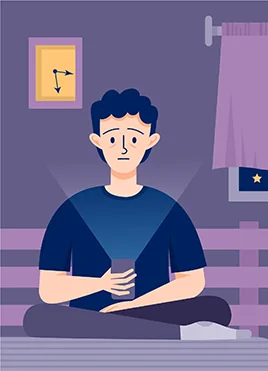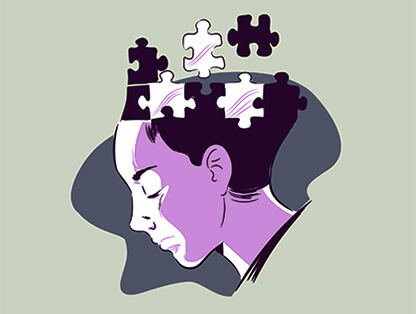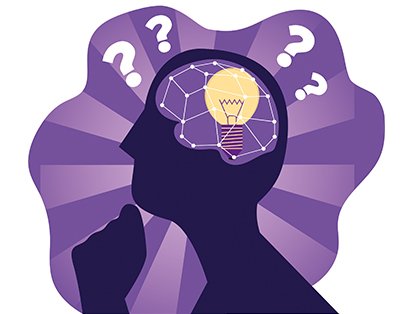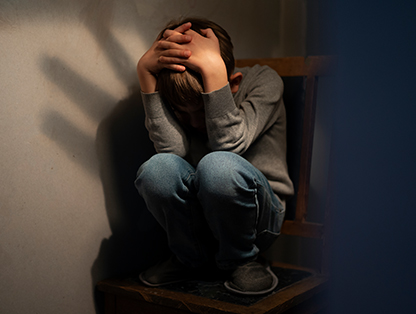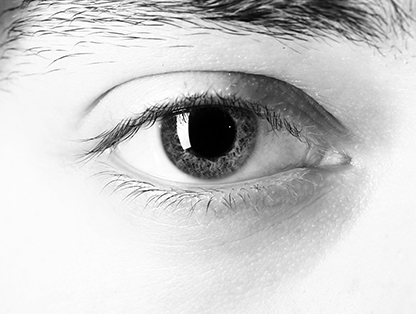What time would you get up if you were entirely free to plan your day?
What time would you go to bed if you were entirely free to plan your evening?
If there is a specific time at which you have to get up in the morning, to what extent do you depend on being woken up by an alarm clock?
How easy do you find it to get up in the morning (when you are not woken up unexpectedly)?
How alert do you feel during the first half-hour after you wake up in the morning?
How hungry do you feel during the first half-hour after you wake up in the morning?
During the first half-hour after you wake up in the morning, how tired do you feel?
If you have no commitments the next day, what time would you go to bed compared to your usual bedtime?
You have decided to engage in some physical exercise. A friend suggests that you do this for one hour twice a week and the best time for him is between 7:00 – 8:00 am. Bearing in mind nothing but your own internal “clock”, how do you think you would perform?
At what time of day do you feel you become tired as a result of need for sleep?
